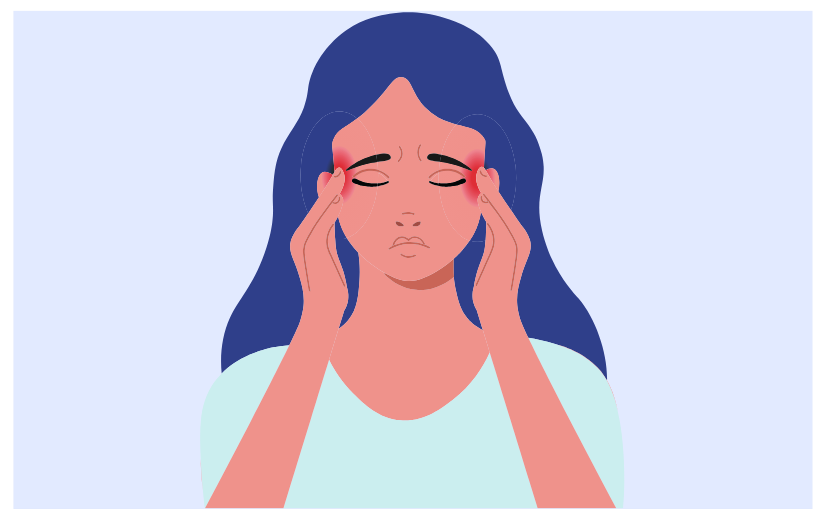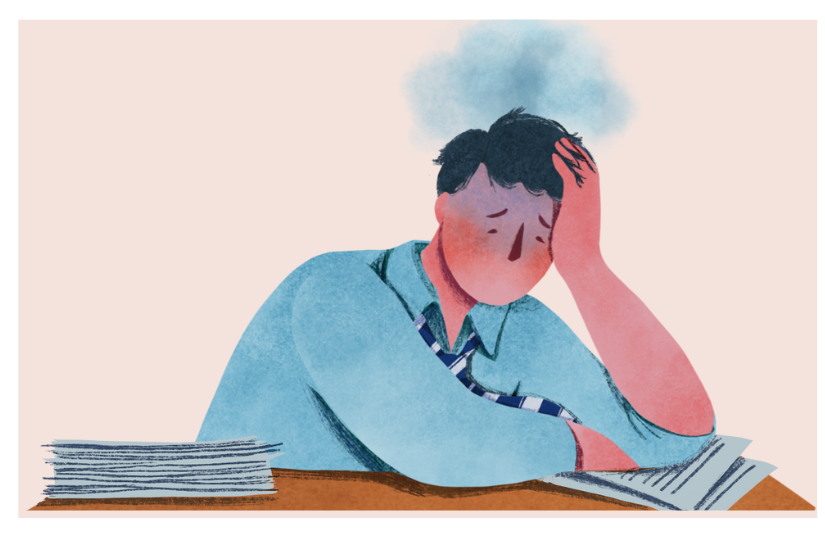» Sings and symptoms
Emotional Dysregulated Nervous System and its Role in Mental Health
Introduction
Emotional dysregulation is a complex condition that transcends mere mood fluctuations; it’s an intense, often overwhelming cascade of emotions that challenges the very notion of self-control and equilibrium within.
My journey through understanding this phenomenon illuminates a path that many tread in silence, grappling with feelings that seem to defy the bounds of “normal” emotional responses [3] [5].
Nervous system dysregulation, an underlying catalyst, disrupts the harmonious functioning of our body’s signaling networks, making the management of these unwieldy emotions even more daunting. This is not just a tale of internal turmoil but a reflection on the myriad experiences that shape our emotional landscape [7].
Continue reading “Emotional Dysregulated system: Signs and Causes for Improved Mental Health”









